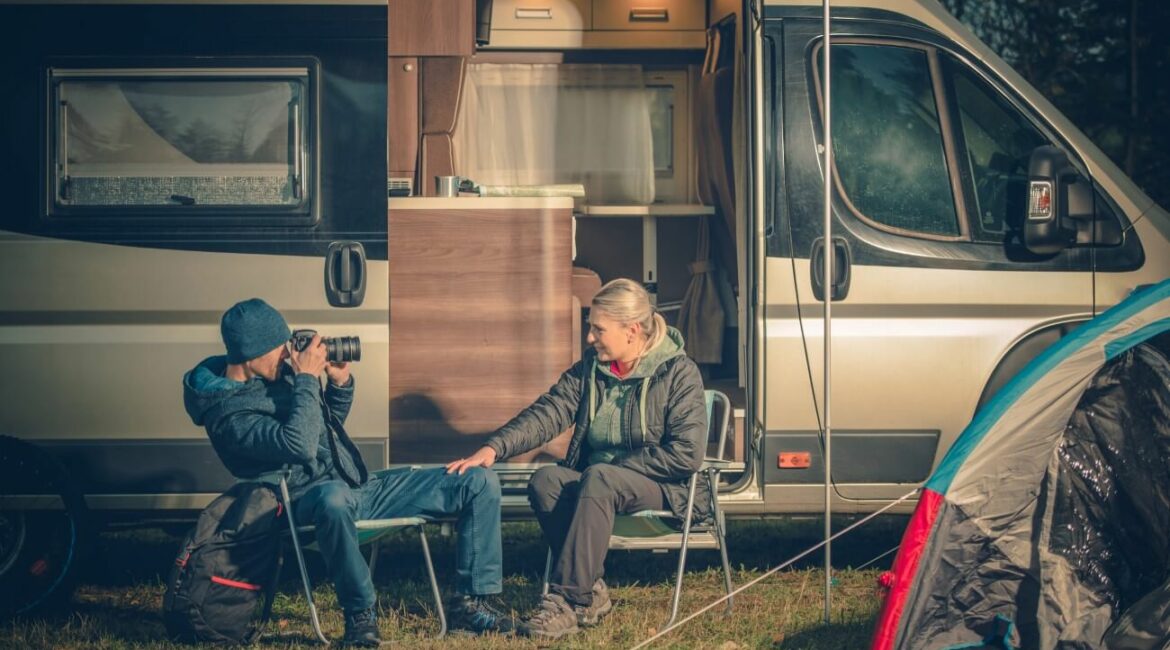The freedom of the nomadic life. But just like any other home, our RVs need love, care, and occasionally, a bit of serious decision making. So when things go awry and the repair bills start piling up, you’re faced with that age-old question: “Should I repair or replace?”
Understanding the True Value
Your RV is more than just a vehicle; it’s a home, a lifestyle, and a symbol of freedom. But when facing major repairs, it’s crucial to assess its current value versus the cost of the repairs. Websites like NADA can give you an estimate, but remember, sentimental value can’t be priced.
Evaluating the Cost of Repairs
If your RV needs significant repairs, get a detailed estimate from a trusted mechanic. Factor in not just the current repairs, but potential future ones too. If repair costs exceed more than half of the RV’s value, it might be time to consider a replacement.
Considering the Bigger Picture
Beyond just repair costs, think about how well your current RV fits your needs. Maybe you’ve outgrown it, or perhaps it’s become too large for your current travel style. Sometimes, even if repair is cheaper, it might make more sense to replace and upgrade to something that suits you better now.
The Environmental Perspective
It’s not always about money. Repairing and reusing is usually more environmentally friendly than replacing. However, newer RV models may offer better fuel efficiency and less environmental impact in other ways. It’s a balancing act between eco-consciousness and practicality.
Taking the Plunge: Buying New
If you decide to replace, it’s an exciting chance to start fresh. Newer models come with the latest features and technology. Plus, there’s the peace of mind that comes with warranties and fewer immediate repairs.
FAQ : Repair or Replace? Making Sense of Your RV’s Life Crisis
- How often should I service my RV to prevent major issues?
- Regular maintenance is key. Depending on use, aim for a check-up every 3,000 to 4,500 miles.
- Are there any “red flags” that signal it’s time to replace?
- If your RV’s frame or foundation is compromised, or if you’re consistently facing major mechanical failures, it’s a sign.
- Can I get a loan or financing for RV repairs?
- Absolutely. Many financial institutions offer RV-specific loans which can be used for repairs or upgrades.
- Is it worth buying an RV extended warranty?
- It depends on the age and condition of your RV. For newer models, it can provide peace of mind. For older RVs, sometimes setting aside a repair fund makes more sense.
The Emotional Attachment: When Letting Go is Hard
For many of us, our RV is not just a mode of transport or a roof over our heads—it’s a repository of memories. From the impromptu lakeside barbecues to those rainy nights playing cards inside, every dent, scratch, and quirk tells a story. So when the hard facts say it’s time for a replacement, our hearts might not be ready. But here’s something to remember: while the vessel might change, the spirit of adventure remains. New memories await, and sometimes, it’s okay to turn the page for the next chapter.
Insurances and Warranties: A Safety Net
As you mull over the decision of repair or replacement, another crucial factor emerges – insurance and warranties. If your RV is still under a comprehensive insurance plan or a specific warranty, it could cover significant repair costs. However, as your vehicle ages, these coverages may diminish or become more expensive. Before diving into hefty repair bills, make sure to check what your policy covers. And if you’re leaning towards a new purchase, always factor in the new insurance and extended warranty costs.
DIY Repairs: A Labor of Love or a Money Pit?
For the hands-on nomad, the immediate reaction to a malfunction might be, “I can fix this!” DIY repairs can indeed save money, and there’s a unique satisfaction in solving issues with your own two hands. But it’s vital to know your limits. Some repairs require specialized tools or knowledge, and a wrong move could exacerbate the issue. If you’re considering DIY, always weigh the cost of tools and materials against professional repair. And remember, there’s no shame in seeking help when needed.
Deciding between repairing or replacing your beloved RV is no small feat. It’s a blend of practicality, emotion, and future planning. Whatever you choose, may your adventures be many and your breakdowns be few. Safe travels, fellow nomad!
- A Chat with Nate and Mika, Christian Wedding Photographers - July 18, 2024
- Ultimate Guide To Playing Online Casinos - May 27, 2024
- Addiction Recovery Books Worth Reading - January 24, 2024









